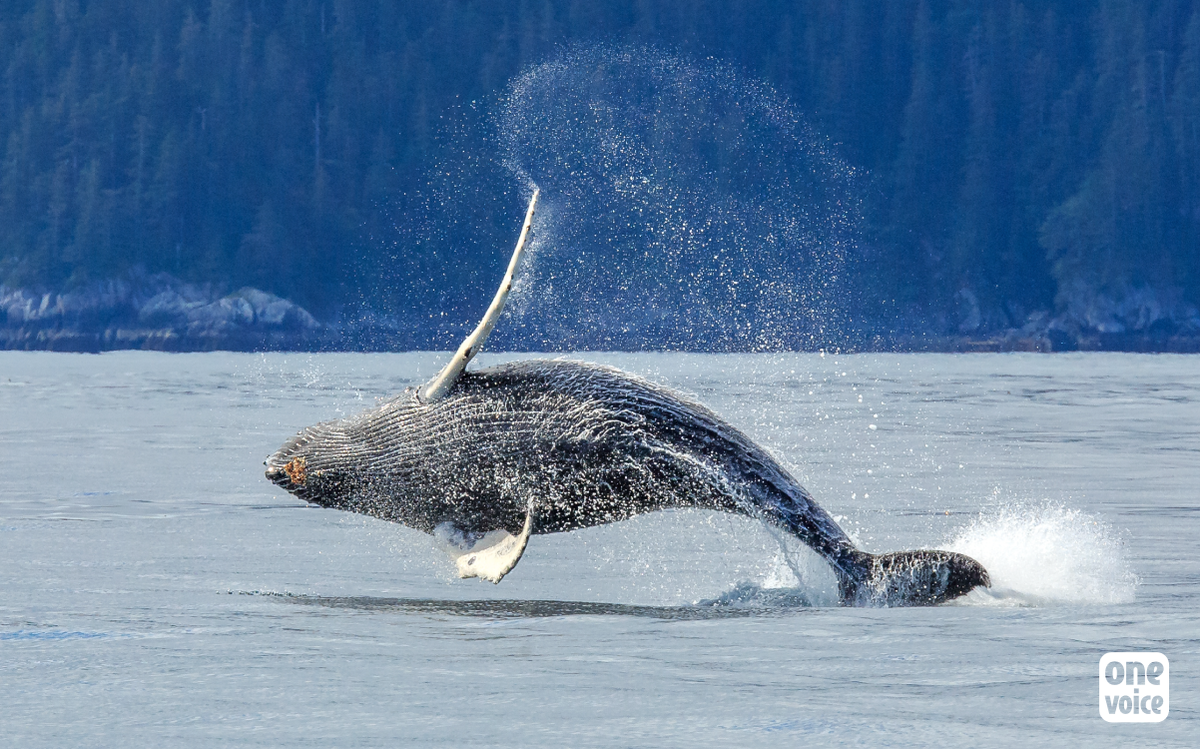

Japan wants to kill more whales!
Shinzo Abe, the Japanese Prime Minister, revives the controversy on whaling. By advocating commercial fishing and allocating new credits, the Japanese government leader defies the international community.
Recently, in response to a parliamentary question on whaling, the Japanese head of government unveiled a real battery of harpoons … Shinzo Abe has indeed announced morecetacean specimens for commercial purposes and direct support to the fleet of Japanese whaling ships, in particular to replace or renovate her flagship, the Nisshin Maru.
Doubletalk
We know that whaling has never really stopped in the land of the rising sun. In 2014, the International Court of Justice ordered the archipelago to end its regular hunting campaigns in the waters of Antarctica. Repeatedly called to order by the International Whaling Commission (IWC), Japan continued this activity under the guise of fishing for scientific purposes, while being a signatory for the moratorium on hunting. This doubletalk has fizzled out: Japan now asserts its right to commercial fishing for cetaceans, even if they are already in danger.
By responding favourably to the demands of Japan’s Fisheries Agency headed by Takato Maki, the prime minister is adopting a nationalist stance that defies the international community and all environmental NGOs. A sitting position on the traditional aspect of this type of fishing, flattering the conservative electorate of Shinzo Abe.
A real battle of the sea
The Japanese whaling fleet is large, very well equipped, including military-grade satellites. Very committed to the surveillance of these activities, the NGO Sea Shepherd, struggles to intervene with its own fleet in the immensity of the Southern Ocean. In the Australian Whale Sanctuary, where all whaling is prohibited, Japanese factory ships harvest Minke whales, of which 333 are killed each year in the name of a “science”. No one can account for it exactly.
If the Australian government, the first concerned by the integrity of its territorial waters, seems conciliatory with one of its major economic partners in the region, the position of the Japanese government generates a public outcry, and promises serious discussions in future negotiations of the IWC next September.
This naval battle on the outer reaches of the planet is endangering thousands of cetaceans, who are all already in danger, and threatening the global ecosystems. One Voice also strongly condemns the Japanese government’s position of identity, a country where the whale is no longer such a popular dish and the defence of the environment is progressing.